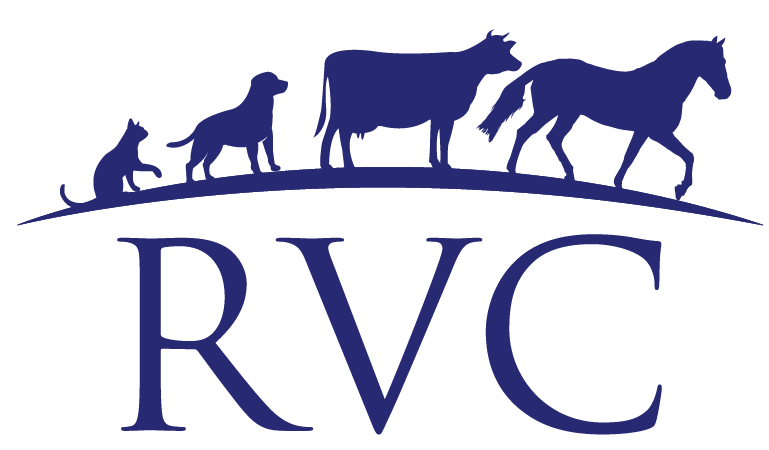Caring for your dog’s teeth at home.
HOW TO SPOT PERIODONTAL DISEASE IN YOUR DOG
HEALTHY MOUTHS will almost always exhibit the following charagteristics:
• White teeth and breath that has an acceptable odour
• Properly coloured gum tissue (coral pink)
• Firm gum tissue which evenly and tightly circles the teeth.
Helping your dog maintain optimum oral health aids in tooth retention, ensures the ability to continue good nutrition throughout life, and contributes greatly to overall systemic health and well-being.
There is a direct association between inflammatory periodontal disease and cardiovascular, respiratory, liver, kidney and joint disease. So when you take care of your dog’s mouth, you are taking care of the vital organs - simply put, a healthy mouth equals a healthy body.
MODERATE GINGIVITIS & EARLY PERIODONTITIS
Inflammation of the gums or gingivitis (the first stage in periodontal disease) begins when a sufficient amount of plaque and calculus are allowed to develop. A mouth at this stage of disease will usually show the following symptoms:
• Yellowing of the teeth
• Bad breath
• Reddening of the coral pink gum tissue
• Slight softening and loosening of the gum tissue encircling the tooth.
If the gingivitus goes untreated over a period of time, your dog may begin to suffer from a painful inflammation of the gums that leads to a profound and irreversable separation of the gum tissue from the tooth. This separation is a visual indication of the shrinking bone mass and loss of ligament support for the tooth.
ADVANCED PERIODONTAL DISEASE IS THE FOREMOST CAUSE OF PREMATURE TOOTH LOSS IN PETS
This stage of periodontal disease usually involves a combination of the following symptoms:
• Soreness of gums (often evidenced in your cat’s inability to eat)
• Yellow or brown teeth (sometimes loose teeth in advanced stages)
• Extremely bad breath
• Red, swollen gum tissue with areas of ulceration
• Softening of gum tissue and separation from the neck of the tooth, loss of bone support and probable loss of teeth.
Fortunately, proper treatment may arrest gingivitis before your dog experiences advanced periodontitis or separation of gum tissue from the tooth.
Also available in clinic to assist with your dog’s continuing good oral health:
Ask your vet which diet and product suits your dog best.
ROYAL CANIN DENTAL DRY DOG FOOD: Complete feed for adult dogs with dental concerns or a tendency for dental problems. The kibble’s shape, texture and size help produce a mechanical brushing effect on teeth. Sodium polyphosphates bind salivary calcium which effectively reduces tartar formation.
HILL’S PRESCRIPTION DIET t/d DENTAL CARE DRY DOG FOOD: Clinical nutrition especially formulated to support your dog’s dental health. Clinically proven to reduce plaque, stain, and tartar buildup.
Tasty and safe toothpaste and toothbrushes.
Low-calorie, meat-free dental chews for dogs.
Maintain good oral health with the MaxiGuard range.
Natural and easy-to-use answer for bad breath, plaque and tartar in pets.
Delightfully chewy texture that fights plaque and tartar.









